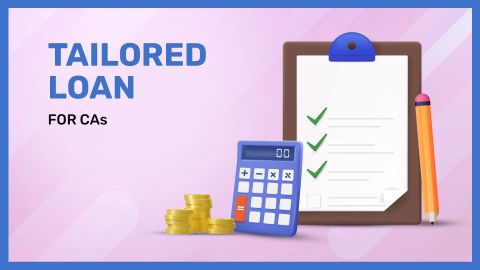Forensic auditors work as financial detectives, carefully examining accounts and transactions to find fraud, theft, or other irregularities. This page explains what the job involves, such as tracing missing money, preparing reports that can be used in court, and working closely with police and other authorities.
You will find a clear career path, the important certifications that can boost your qualifications, and the key skills in analysis and communication that employers want.
We also explain how forensic auditing is different from regular financial auditing, where forensic auditors usually work, and the real difference this job makes to businesses and the legal system.
Use this information to decide if a detailed and challenging career in forensic auditing is right for you.
What is a forensic auditor?
A forensic auditor is a financial detective who scrutinises financial records to uncover fraud, embezzlement, or any financial irregularities. They work closely with law enforcement and legal experts to build cases and investigate claims. Forensic auditors analyse complex transactions, trace assets, and ultimately provide reports that can be used in legal proceedings. In other words, they ensure that financial data is accurate and fair, playing a pivotal role in solving financial crimes.





